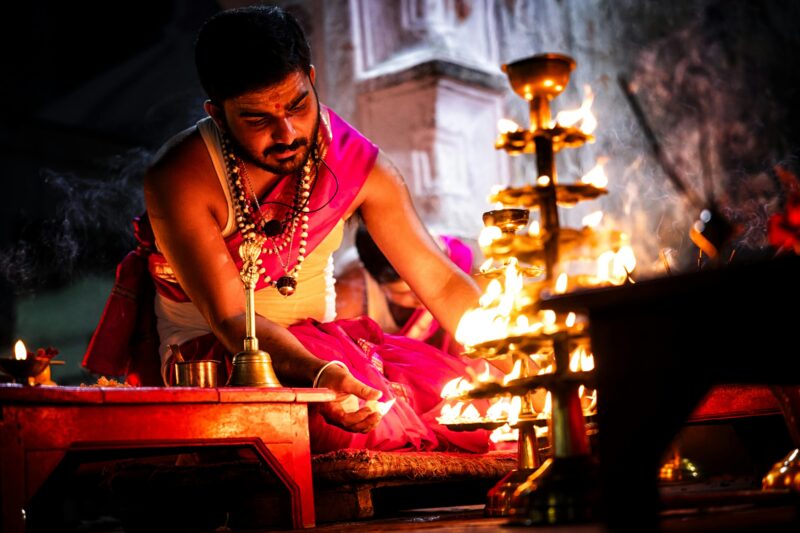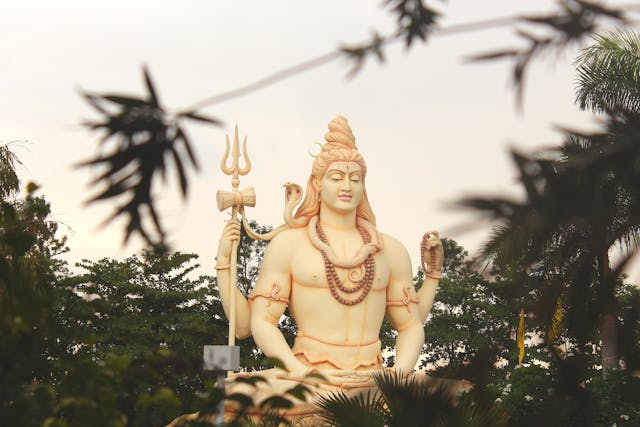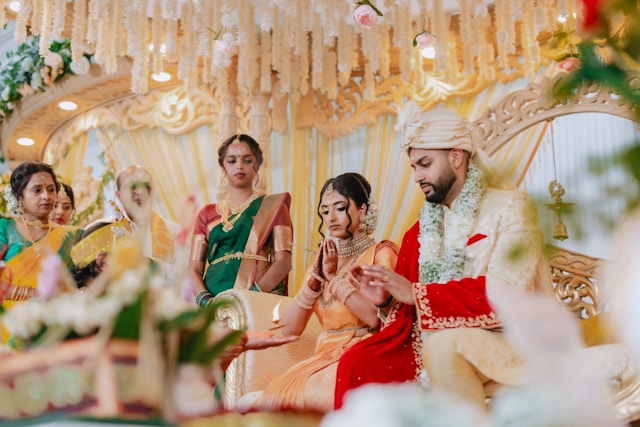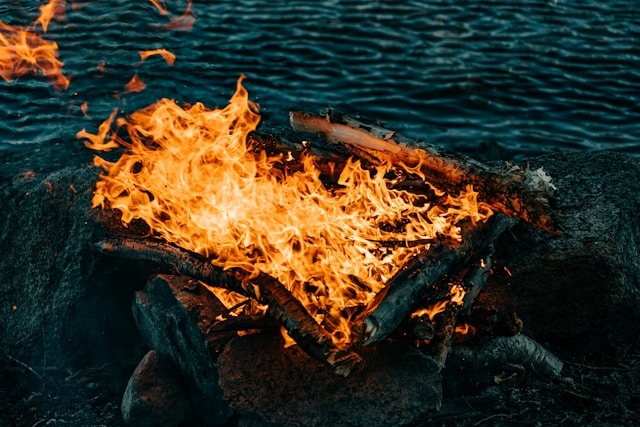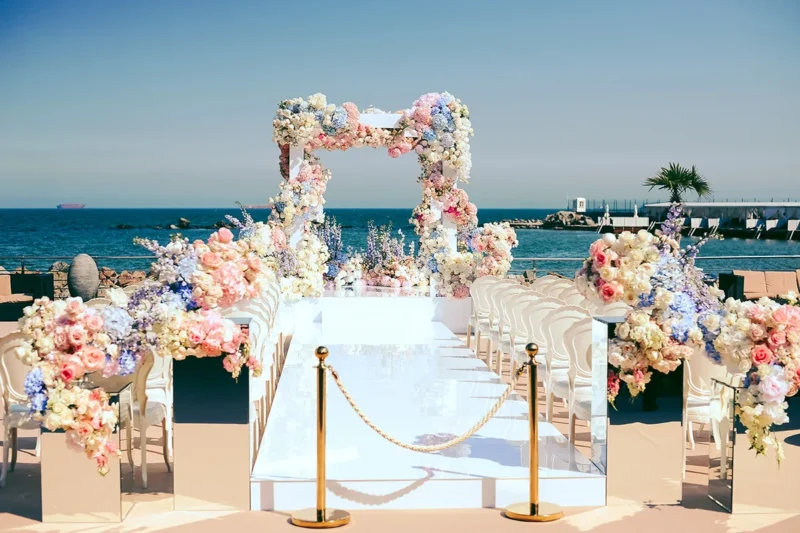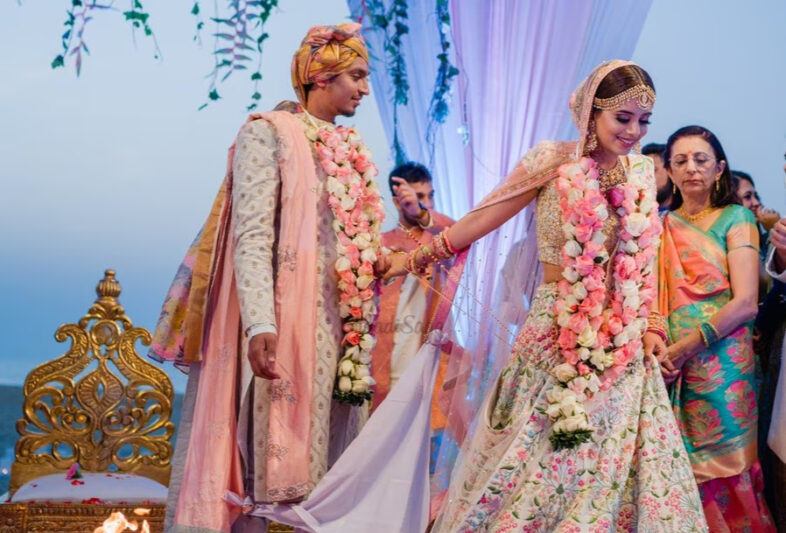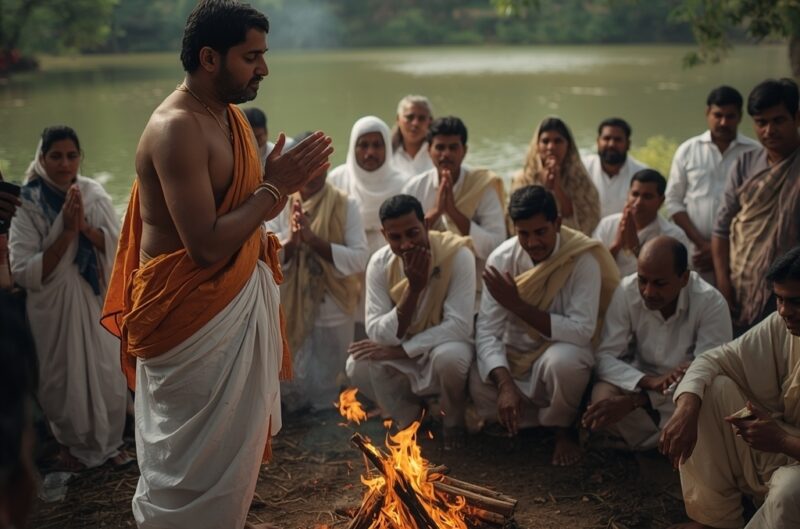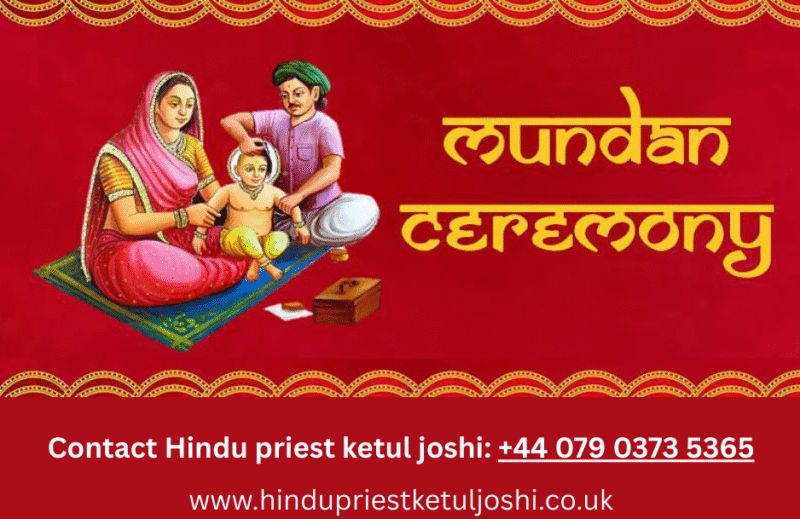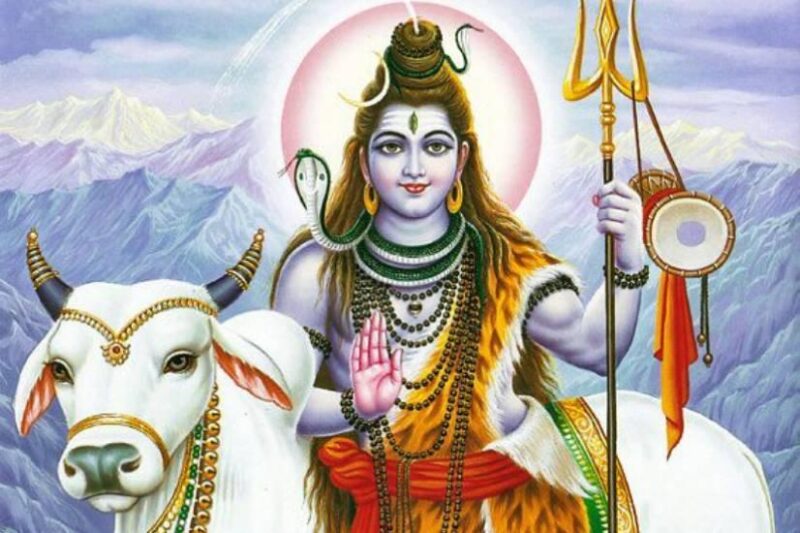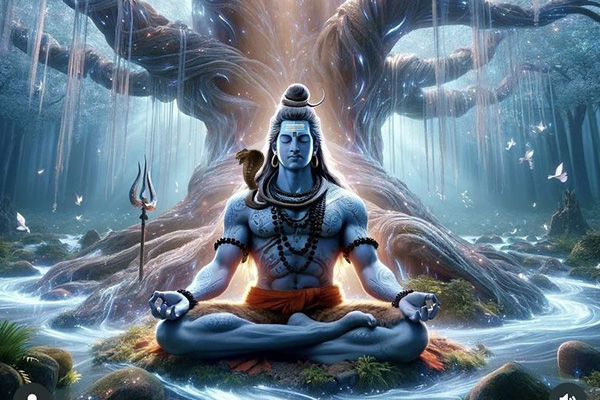Why Rituals Like Pujas, Havans, and Samskaras Are Still Relevant
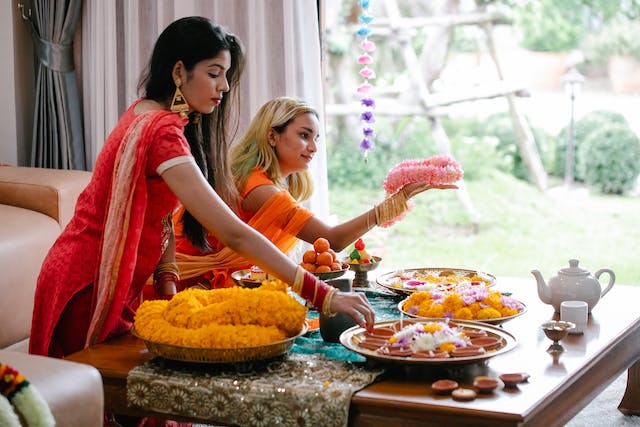
In today’s fast-paced, technology-driven world, traditional rituals like pujas, havans, and samskaras remain deeply significant. These ceremonies, rooted in ancient wisdom, continue to provide structure, meaning, and a sense of identity to individuals and communities alike. In the global diaspora, including places like London, where Hindu priests play a crucial role, these rituals are especially vital for preserving cultural heritage and fostering spiritual connection.
A Bridge Between the Past and Present
Rituals such as pujas (worship ceremonies), havans (fire offerings), and samskaras (life-stage ceremonies) are integral to Hinduism. They connect individuals to their roots and provide a structured way to honor life’s milestones. Whether it’s a wedding, naming ceremony, or housewarming, these practices infuse moments with spiritual depth and cultural richness.
For example, a Hindu priest in London might conduct a griha pravesh (housewarming puja) for families moving into a new home. Such ceremonies not only invoke divine blessings but also create a sense of belonging and continuity, even when one is far from their homeland.
Fostering Community and Connection
One of the greatest strengths of Hindu rituals is their ability to bring people together. Weddings, for instance, are a prime example of community bonding. A Hindu wedding priest in the UK often becomes a central figure, guiding families through the sacred vows and rituals that unite two individuals in marriage. These ceremonies are more than religious acts; they are vibrant celebrations of love, tradition, and togetherness.

Similarly, annual pujas and festivals organized by temples or Hindu communities in London and across the UK provide opportunities for collective worship and cultural expression. These events, led by experienced Hindu priests, help reinforce community ties and ensure that younger generations remain connected to their heritage.
Spiritual Growth and Mental Well-being
In a world filled with stress and distractions, rituals offer a much-needed pause. The act of performing a puja or attending a havan allows individuals to step away from their daily routines and focus on higher ideals. The chanting of mantras, the aroma of incense, and the sacred fire all create a serene environment that fosters introspection and inner peace.
Hindu priests in the UK often emphasize the therapeutic aspects of rituals. For example, a havan conducted by a skilled Hindu priest in London can purify the environment and uplift the spirit, providing solace to families during challenging times.

Adapting to Modern Times
While the essence of Hindu rituals remains unchanged, their execution has evolved to meet contemporary needs. Many Hindu priests in the UK now offer bilingual services, making rituals accessible to younger generations who may not be fluent in Sanskrit or their mother tongue. Virtual pujas and consultations have also become increasingly popular, ensuring that the spiritual needs of the diaspora are met regardless of location.
The Role of Rituals in Milestones and Transitions
Hindu rituals are especially significant during key life transitions. Samskaras, such as naamkaran (naming ceremony), mundan (first haircut), and upanayanam (sacred thread ceremony), mark important stages of growth and development. These ceremonies are more than mere customs; they symbolize spiritual evolution and societal acknowledgment of life’s progression.
For instance, a Hindu priest in London might perform an upanayanam for a young boy entering the stage of student life. This sacred thread ceremony instills discipline, respect, and spiritual values, reinforcing the individual’s connection to dharma (righteousness).
Similarly, last rites performed by a Hindu priest offer solace to grieving families and guide the departed soul on its spiritual journey. These rituals provide emotional closure and ensure that the deceased receives proper blessings according to Hindu beliefs.
Environmental and Ecological Awareness
Many Hindu rituals inherently promote respect for nature. Havans, for example, are not only symbolic acts of purification but also serve as reminders of the elements that sustain life. The offerings made to the sacred fire, combined with the chanting of mantras, honor the interconnectedness of all living beings.
In recent years, Hindu priests in the UK have been incorporating eco-friendly practices into rituals. By using biodegradable materials and promoting sustainable approaches, these ceremonies align with contemporary ecological concerns while retaining their traditional essence.
Preserving Cultural Heritage

For the Hindu diaspora, especially in multicultural cities like London, rituals play a crucial role in preserving cultural identity. They serve as a reminder of one’s roots and instill pride in one’s heritage. Engaging a Hindu priest for ceremonies ensures that traditions are upheld with authenticity and reverence.
Beyond individual ceremonies, Hindu temples and organizations in the UK often act as cultural hubs, offering classes on Sanskrit, yoga, and scriptures. These efforts, led by dedicated priests, ensure that younger generations understand and appreciate their rich heritage.
Why Rituals Like Pujas, Havans, and Samskaras Are Still Relevant
Rituals have been a cornerstone of human civilization, providing meaning, structure, and connection to life’s milestones. In the context of Hindu traditions, practices like pujas, havans, and samskaras hold a deep spiritual and cultural significance. Despite the modernization of societies, these rituals continue to be relevant for Hindus across the globe, including those residing in the UK. This article explores why rituals like pujas, havans, and samskaras remain essential and how a Hindu priest, especially a Hindu priest in London or a Hindu priest in the UK, plays a pivotal role in keeping these traditions alive.
The Spiritual and Cultural Importance of Rituals
Hindu rituals, such as pujas and havans, are not just ceremonial acts but profound spiritual practices. A puja is an offering of devotion, gratitude, and reverence to a deity, often performed to invoke blessings, remove obstacles, and foster a connection with the divine. Similarly, havans (fire rituals) are performed to purify the environment and one’s inner self, symbolizing the transformation of material desires into spiritual enlightenment.
Samskaras, the rites of passage in Hindu culture, mark significant life events from birth to death. They encompass rituals for naming a child, starting education, marriage, and even funeral rites. These samskaras guide individuals through life’s transitions while emphasizing moral and spiritual growth. In the UK, where Hindus live amidst a multicultural society, these rituals serve as an anchor to their roots, fostering a sense of identity and continuity.
The Role of a Hindu Priest

A Hindu priest, often referred to as a pandit, is the custodian of Vedic knowledge and the primary facilitator of rituals. Whether it is a Hindu priest in London or any Hindu priest in the UK, their role extends beyond performing ceremonies. They act as spiritual guides, helping families navigate life’s complexities while preserving cultural traditions. For instance, a wedding priest ensures that Hindu weddings are conducted according to age-old customs, making the event not only a celebration but also a deeply spiritual union.
In multicultural societies like the UK, Hindu priests also play a significant role in adapting rituals to contemporary lifestyles without compromising their essence. They ensure that rituals like pujas, havans, and samskaras remain accessible to younger generations, often explaining the meanings behind the practices in both Sanskrit and English.
Relevance in Modern Times
Despite advancements in technology and shifts in societal norms, the relevance of rituals like pujas, havans, and samskaras persists. Here’s why:
- Spiritual Well-being: These rituals provide solace and clarity in a fast-paced world, offering a space for mindfulness and reflection.
- Cultural Identity: For Hindus in the diaspora, especially in the UK, rituals act as a bridge to their heritage, reinforcing cultural values and traditions.
- Community Bonding: Events such as weddings, housewarming pujas, or naming ceremonies bring families and communities together, fostering unity and shared joy.
- Guidance for Life’s Milestones: Samskaras ensure that every stage of life is celebrated with intention and spiritual awareness, guided by the wisdom of a Hindu priest.
Hindu Weddings in the UK

One of the most celebrated rituals is a Hindu wedding, which is deeply rooted in tradition and symbolism. A Hindu wedding priest ensures the sacredness of the ceremony, explaining each ritual’s significance, such as the saptapadi (seven steps) and kanyadaan (giving away the bride). In the UK, where weddings often blend traditional and modern elements, the presence of an experienced Hindu wedding priest is invaluable for maintaining the ritual’s authenticity while accommodating cultural nuances.
Conclusion
Rituals like pujas, havans, and samskaras are timeless practices that offer spiritual depth, cultural identity, and community bonding. Whether performed in India or by a Hindu priest in London or elsewhere in the UK, these rituals continue to guide individuals and families through life’s journey. For those seeking a deeper connection to their heritage, a Hindu priest—whether for a wedding, housewarming, or any samskara—plays a crucial role in preserving the essence of these practices in today’s world.
By embracing rituals and understanding their significance, Hindus in the UK ensure that their rich traditions remain vibrant and relevant for generations to come.
